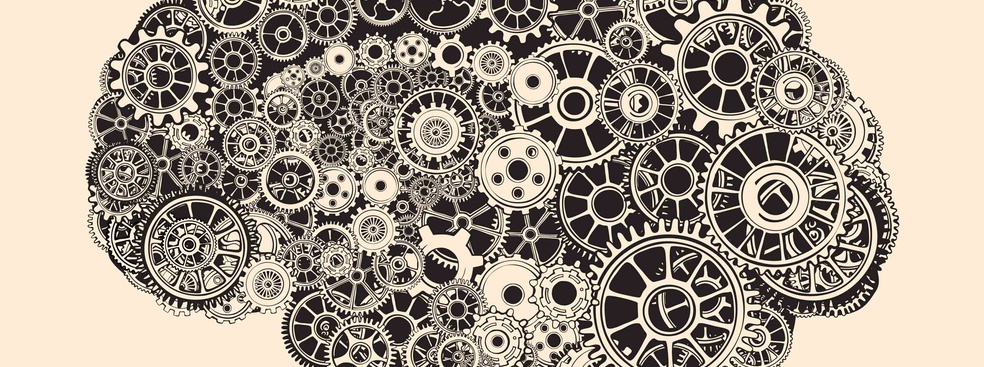For the most part, managing a business demands intellectual capacity. But how do the minds of the world’s most success leaders actually work? Recent progress in cognitive sciences provides us with some explanations.
First, it’s important to recognize that the most innovative companies are constantly evolving. Changes in the future will likely be driven by nanotechnology, robotics, artificial intelligence and connected objects. This means that the intellectual capacities of their leaders are continuously put to the test. Knowledge is, and will continue to be, a kind of “perishable commodity.” One must be able to learn quickly, and unlearn with equal speed.
As early as 2010, Franck Riboud, CEO of Danone, spoke about hitting the intellectual “reset” button: if a system is no longer able to adapt, sometimes the best solution is to start from scratch. His comments underscore the importance of intellectual adaptability of which Marie Curie and Albert Einstein, or more recently, Steve Jobs and Mark Zuckerberg have been successful proponents.
But are some just more “gifted” than others? Geoffrey Colvin, editor of Fortune, famously argued that “talent is overrated". I would argue, on the other hand, that success depends on one’s ability to analyze one’s own cognitive processes. This is what we call metacognition: to understand the origins of mistakes and improve mental processes upstream instead of correcting errors downstream.
And the good news is, this can be learned!









